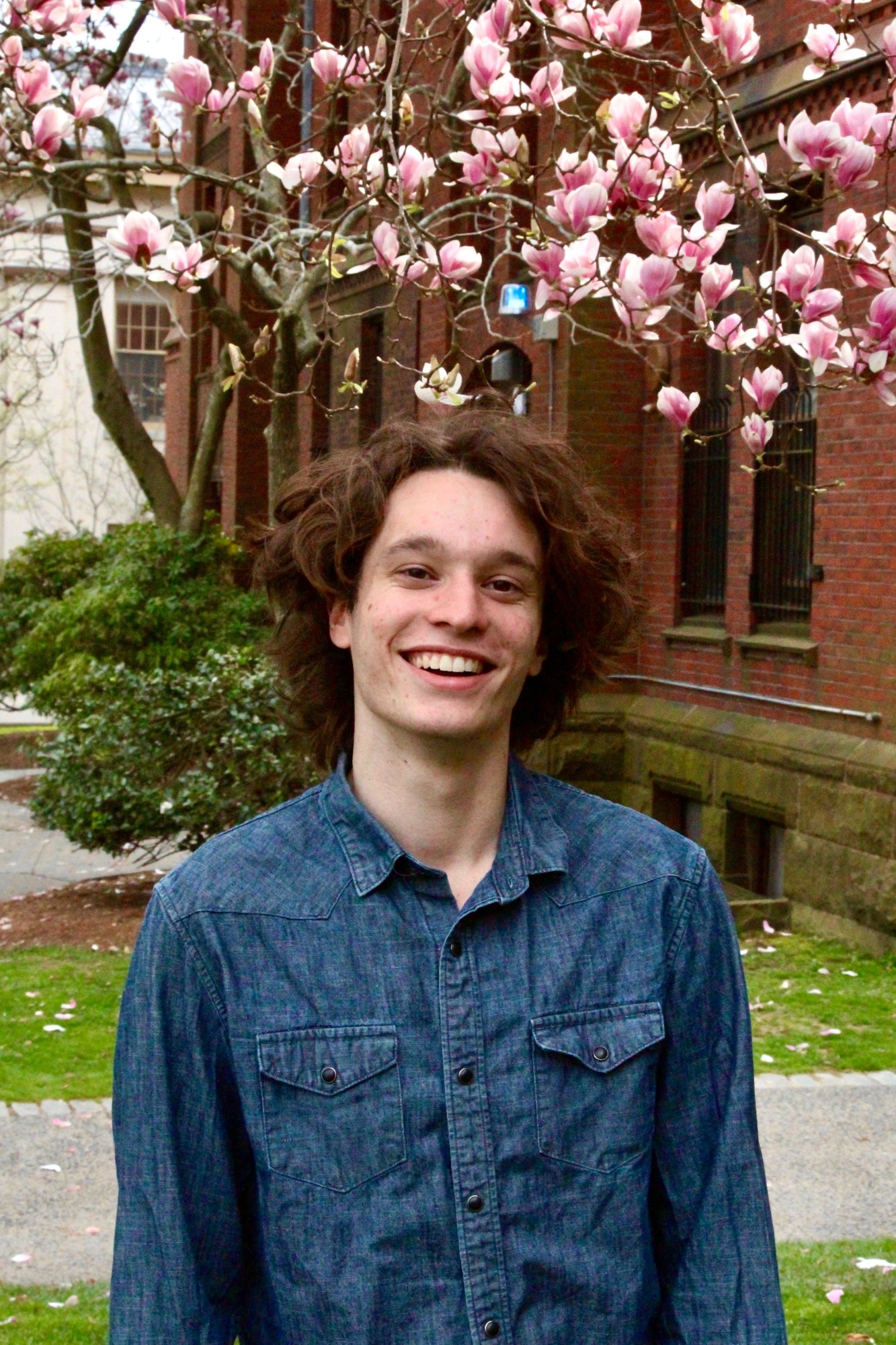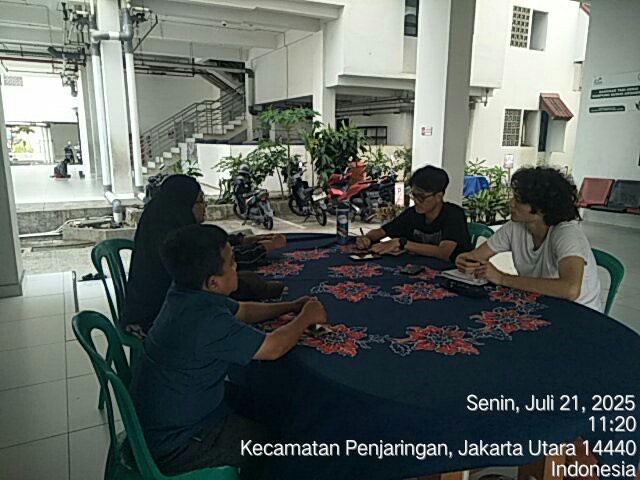
As climate change accelerates, coastal flooding has become an urgent challenge for communities around the world, from Indonesia to Rhode Island. As an Undergraduate Voss Fellow working under the guidance of Associate Teaching Professor Kate Schapira, Ash is conducting a transpacific study of the democratic planning and design processes in two globally diverse cities to better aid those who live in high-risk regions.
Through the one-year Voss Fellowship, student researchers like Ash have the opportunity to turn their passions for climate and environmental justice into real-world, engaged research that defies geographic and intellectual boundaries.
How would you summarize your research?
“I’m studying democratic planning and design processes in places that are facing significant flood risk, specifically in Jakarta, Indonesia, where I am right now, and Warren, Rhode Island. These are really different environments, and that's one of the things that makes me interested in looking at them together, because despite all of these contextual differences, they’re both facing climate change as a global challenge.”
How will your research be carried out both in New England and in Jakarta?
“In January 2024, I took a class called ‘The Right to the City: Focus on Indonesia’ with Professor Lauren Yapp, which included a trip to Indonesia focused on urban democratic movements in Jakarta, and we worked very closely with the Rujak Center for Urban Studies. This summer, I am working with contacts I met through that course and conducting place-based interviews with planners, community architects, and housing activists. In Warren, I will lead a series of collaborative workshops, co-organized with the Warren Health Equity Zone, exploring participatory climate design using methods inspired by Rujak’s work.”
